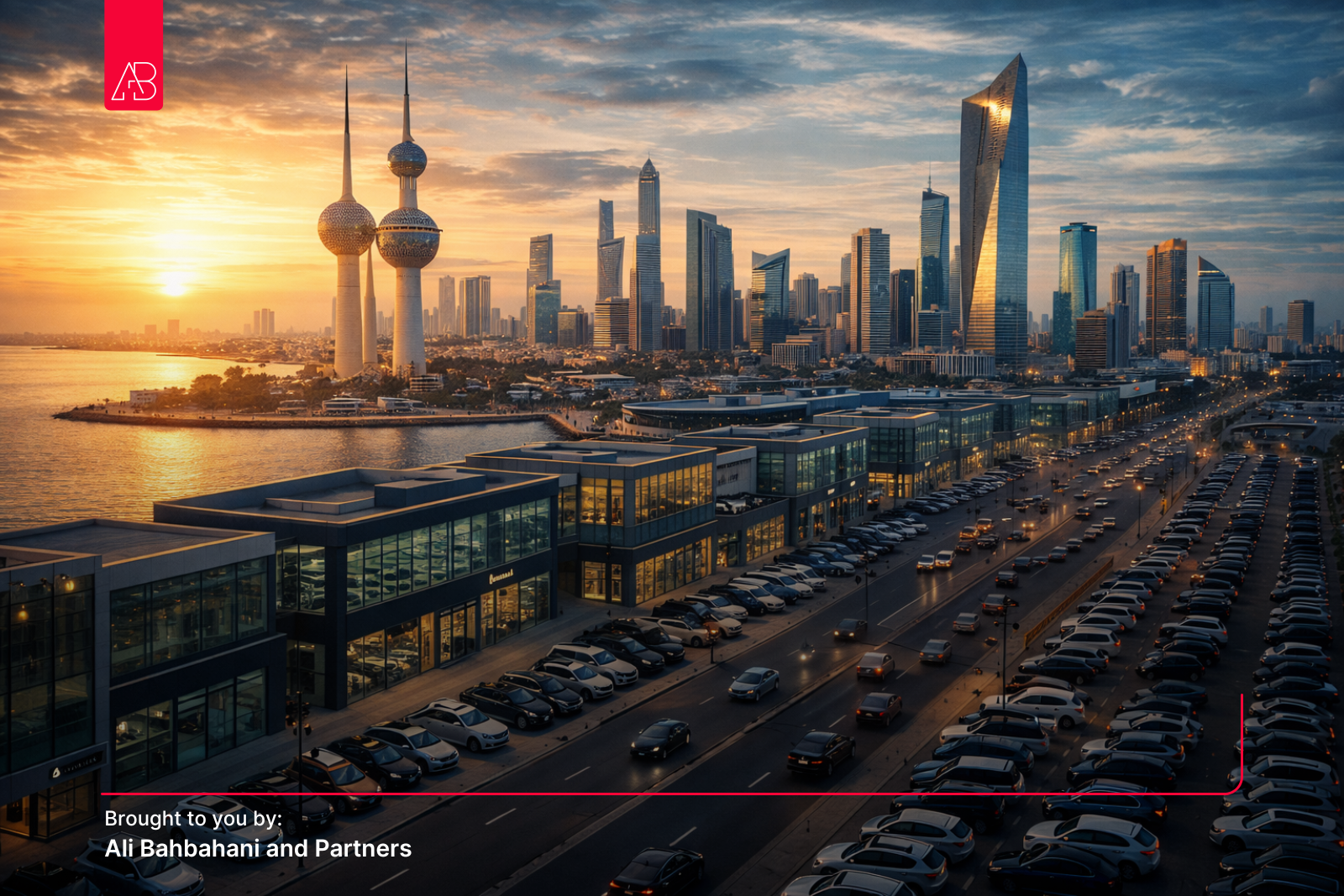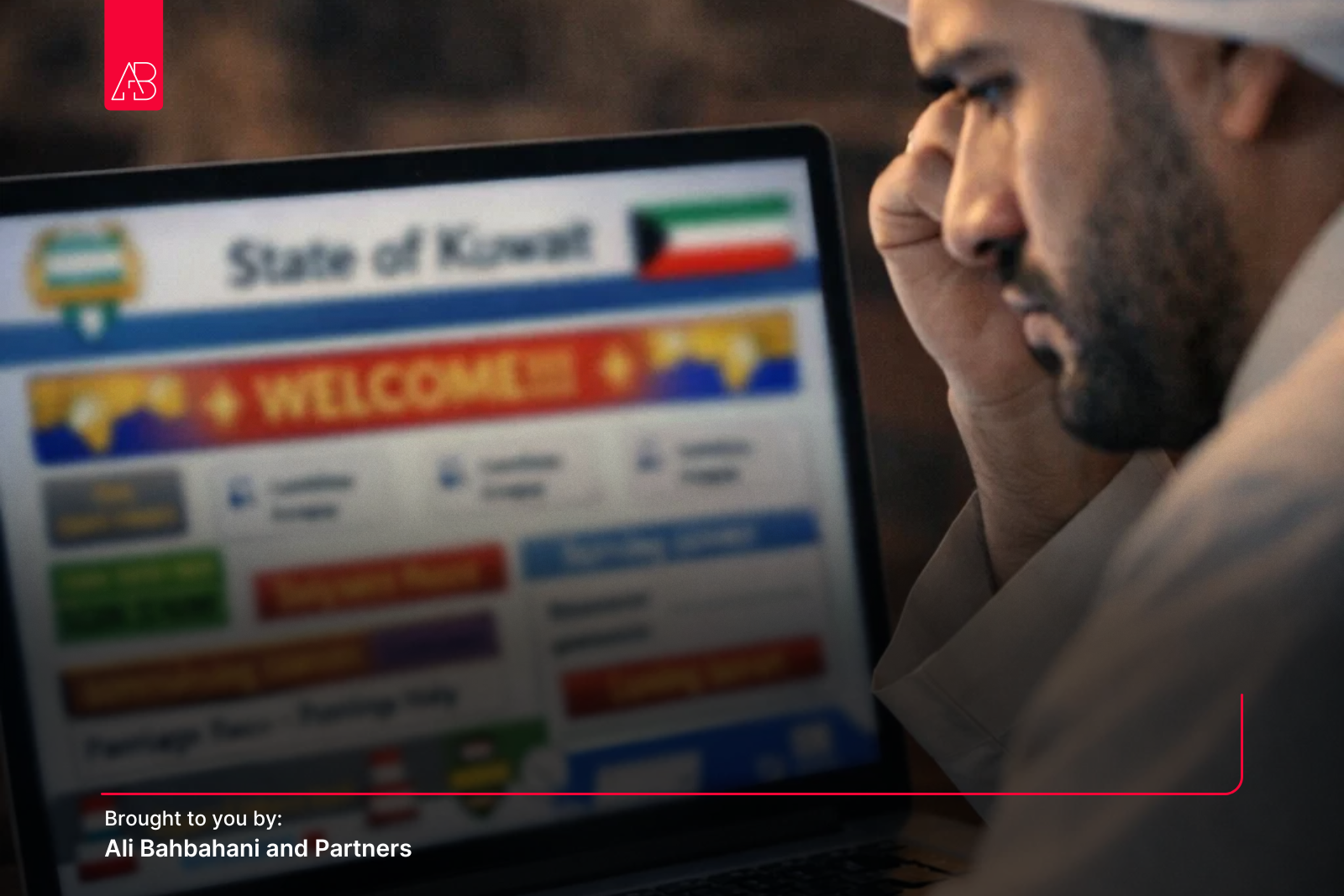High-Speed Trains: Accelerating Kuwait’s Future and Beyond
.avif)
Have you ever dreamed of a day when traveling from Kuwait City to Riyadh takes an hour and 40 minutes instead of an entire day on the road?
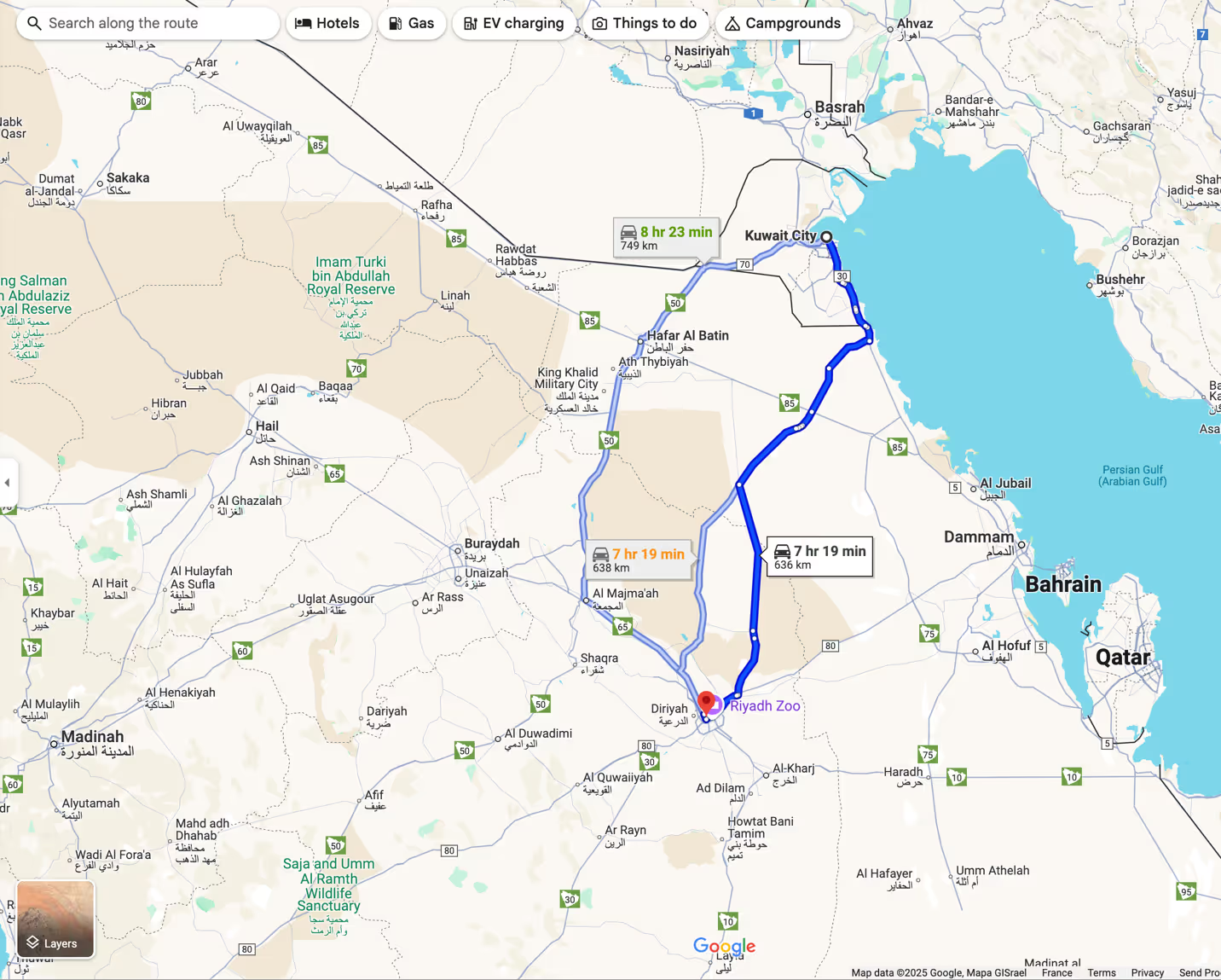
What if remote areas in the GCC could become vibrant destinations, teeming with commerce and tourism?
Welcome to the world of high-speed rail, an innovation that has already transformed China, Japan, and Europe. Now, it could be our gateway to a more connected and prosperous Gulf region. Let’s explore how this technology works, why it matters for Kuwait, and what it promises for the entire GCC.
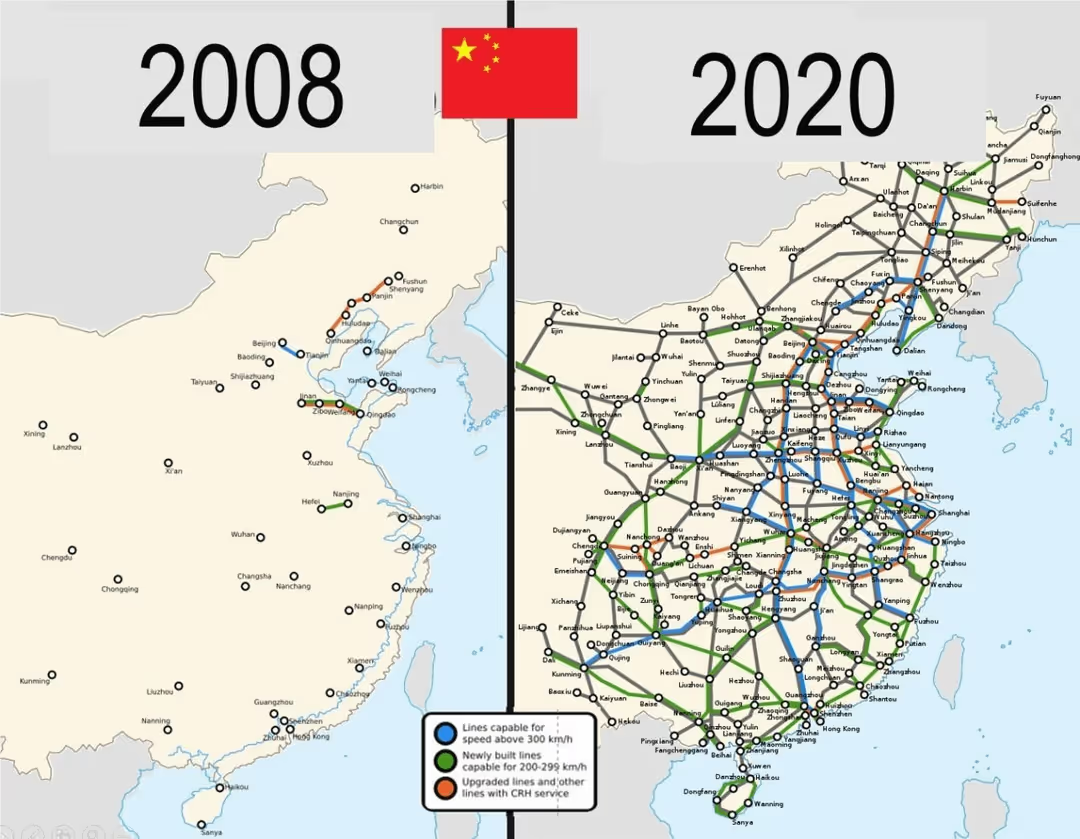
A Glimpse Into Global Success Stories
1. China
- Reduced travel times along critical routes, like Beijing to Shanghai, from 10 hours to 4.5 hours.
- Witnessed a 30–40% spike in domestic tourism revenue in cities linked to the network.
- Reported a 1–2% higher GDP growth in HSR-connected cities compared to unconnected ones.
2. Spain
- Connected major cities like Madrid and Barcelona by high-speed rail, cutting travel from 6 hours to just 2.5.
- Increased real estate values near stations by up to 25%.
- Boosted tourism in cities like Seville and Malaga, with a 25% growth in visitors.
3. Japan
- Saw the Shinkansen spur industrial development and enhance connectivity across the country.
- Recorded a 27% uptick in tourist visits to remote regions like Kanazawa.
- Consistently maintained higher economic growth in areas served by high-speed trains.
These countries serve as living examples of how high-speed rail can reshape economies, create jobs, and spark tourism.

Why High-Speed Rail Is a Game-Changer
Have you noticed how road travel dominates transportation across the GCC? Long drives are common, whether you’re heading from Kuwait to Saudi Arabia or across the border to the UAE. High-speed rail can replace grueling road trips with swift journeys that take a fraction of the time.
- Time Savings:
- Kuwait to Riyadh: Potentially cut from 8 hours to around 2.
- Dubai to Muscat: Reduced from 5 hours to about 1.5.
- Riyadh to Abu Dhabi: Shortened from 9 hours to under 3.
- Economic Growth:
- Local businesses could thrive as travel between cities becomes effortless.
- Industrial clusters around station hubs can foster innovation and attract new investments.
- Tourism Revival:
- Regions once considered far-flung become accessible overnight.
- Nature reserves, cultural hotspots, and historical sites receive a surge in visitors.
- Reduced Environmental Impact:
- Fewer cars on the road and less air travel contribute to a greener future.
- Lower carbon footprints benefit the entire region.
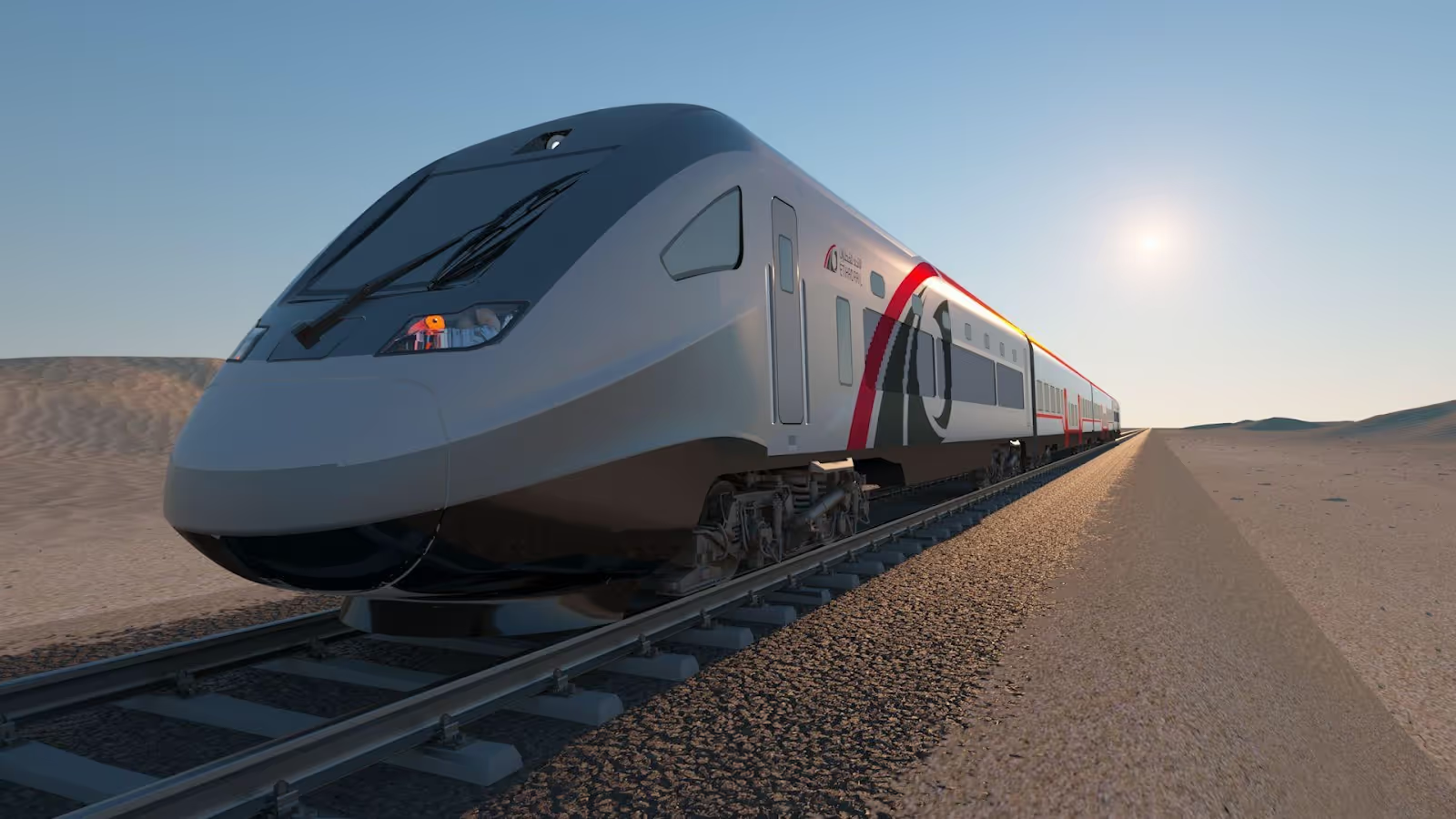
Kuwait: At the Heart of a GCC Transformation
Kuwait’s strategic location makes it a potential hub in any regional high-speed rail network. Imagine boarding a train in Kuwait City and arriving in Dubai or Riyadh in just a few hours. Think about the possibilities:
- Boosting Our Tourism Scene
- Kuwaiti landmarks and cultural festivals become more accessible to travelers across the Gulf.
- Remote coastal or desert areas could develop into tourist-friendly destinations, offering unique local experiences.
- Empowering Local Businesses
- Faster travel times encourage more business trips and events.
- Companies can move products more efficiently, reducing costs and boosting competitiveness.
- Connecting the GCC
- A shared high-speed rail system strengthens economic ties between Kuwait and its neighbors.
- Trade barriers and logistics bottlenecks shrink, paving the way for smoother cross-border commerce.
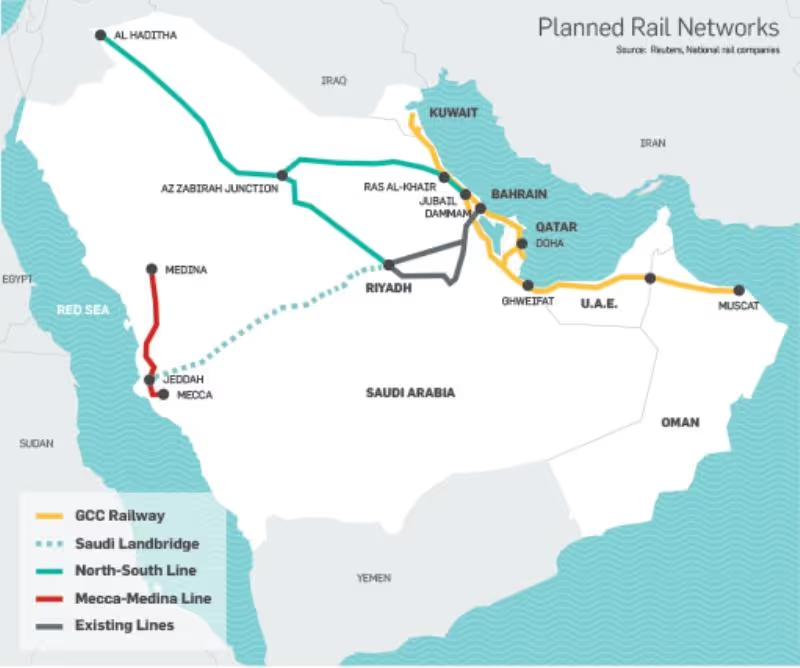
Lessons from the World: A Quick Snapshot

This table underscores the scale, speeds, and investments behind global high-speed rail projects. The Middle East could soon join these ranks, with Kuwait taking a role in shaping the GCC’s future.
Forging a Connected Tomorrow
High-speed rail is not just about faster trains. It’s about the new possibilities that arise when distance is no longer a barrier:
- Greater Intercultural Exchange: A student in Kuwait can attend a conference in Riyadh and return the same day. Families can plan weekend getaways in the UAE or Oman.
- Strong Regional Identity: The GCC becomes more than just a group of neighboring countries, it becomes a cohesive economic powerhouse.
- Long-Term Sustainability: Modern rail systems align with global movements toward green energy and carbon reduction.
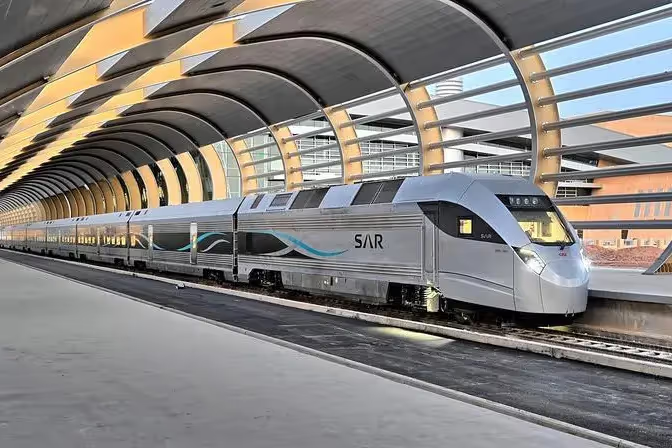
Ready to Explore New Opportunities?
Building world-class infrastructure is a bold endeavor. But what if it could also redefine how we do business in Kuwait and the GCC? High-speed rail has the power to unite us in ways we’ve only imagined.
How do we make it happen, and who will lead the charge?
At Ali Bahbahani & Partners, we specialize in business transformation services that pave the way for large-scale innovations. Our team understands how to shape projects that serve both local needs and regional aspirations. Visit AliBahbahani.com and discover how strategic planning can bring transformative projects to life. Let’s open new horizons for Kuwait and the GCC, together.

.webp)
